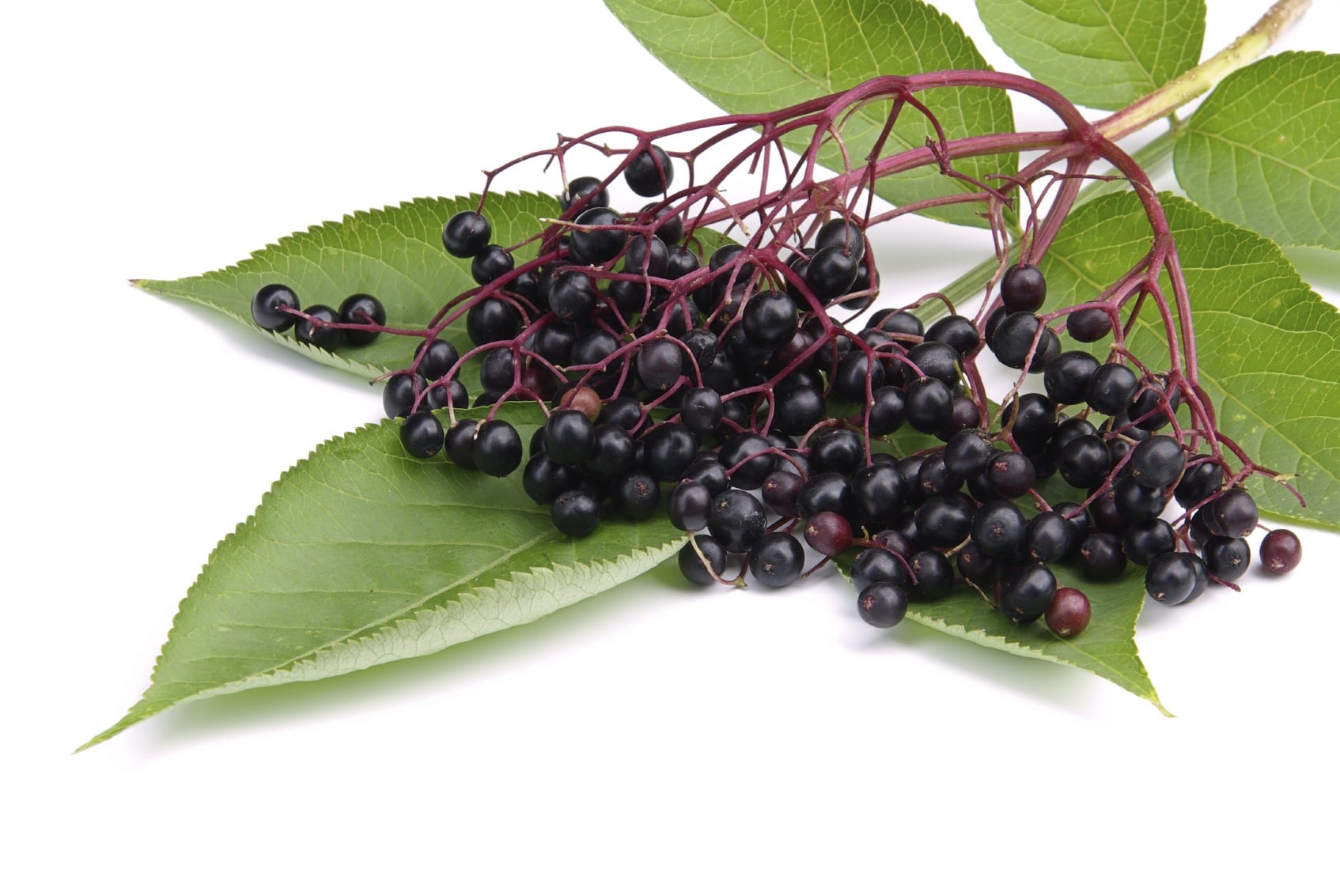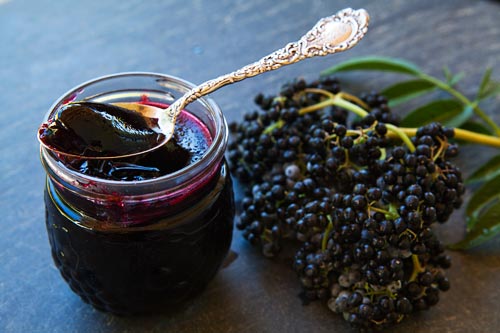
Three Herbs for Winter Health
from Herbalist Erin Smith
No matter how much you love winter, no one likes the colds, flu, and respiratory infections that often accompany it. Herbs can be a great support and help you get through the season of sniffles. Here are three gentle and effective herbs to help keep your immune system strong and fight off illness.
Astragalus (Astragalus membranaceus)
Astragalus is one of the most commonly used herbs in Chinese medicine. The mild and slightly sweet roots are adaptogenic, meaning they help your body to deal with daily stresses that can weaken your immune system and leave you feeling sluggish. Astragalus nourishes your immune system and works best when taken preventatively and over longer periods. As it acts deep within the body, it’s best to use other herbs (such as elder and ginger) if you already have a cold or flu. It can be taken as a decoction (tea made by boiling the roots in water), tincture, or syrup. Its light taste makes it great for kids and easy to add to food.
Elder (Sambucus nigra)
Elderberries are so delicious it’s hard to believe they’re medicine! Elder is one of the best herbs for flu. Research has found it to have anti-viral properties (Kinoshita et al., 2012; Krawitz, et al., 2011) and can help prevent cold and flu or shorten the duration if you’re already sick. It also helps support the immune system, keeping it functioning at its best throughout the winter. Elderberry is most commonly taken in syrup form (yum!). It’s gentle enough to be taken daily (one spoonful a day) to help keep your immune system strong or take more frequently when already sick. It works well for colds as well and can be combined with other herbs, such as Osha (Ligusticum porterii) and Echinacea (Echinacea spp.) for respiratory infections. Elder flowers are also medicinal. In Europe, they are traditionally made into a cordial that is commonly mixed with sparkling water or wine as a spring tonic. Its light floral taste is pleasant and even kids will drink it. A hot cup of elderflower infusion is excellent to take with any fever to help support the body’s natural way of fighting off illness.
Ginger (Zingiber officinale)
This hardy root is wonderfully warming and helps increase circulation and open the pores, assisting in the release of toxins from the body. It’s also excellent support for fever and helps ease the chills and body aches that can accompany flu. It will loosen stuck mucus and can protect against many of winter’s common viruses (Chang et al., 2013). So add more ginger to your daily routine – make some fresh ginger tea, throw it in your stir-fry, or try this delicious recipe for fresh ginger syrup.
Fresh Ginger Syrup
1 fresh ginger root, chopped or sliced
Raw honey
Place the cut ginger into a glass jar and cover with honey. Make sure all the ginger pieces are covered in honey and the honey sits about 1 inch above the ginger. Cover and shake to distribute the honey and ginger until well mixed. Let sit for 1 day, shaking occasionally. The honey will pull out the juices from the fresh ginger and create a syrup. Take by the spoonful or add to food. Refrigerate if it’s not going to be consumed in one week.
Make your food your medicine!
- Add 5-8 slices of astragalus root to your favorite broth or soup recipe for extra immune support.
- Use elderberry syrup instead of maple syrup on your yogurt, pancakes, waffles and oatmeal.
References:
Chang JS, Wang KC, Yeh CF, Shieh DE, Chiang LC (2013) Fresh ginger (Zingiber
officinale) has antiviral activity against human respiratory syncytial virus in human
respiratory tract cell lines, Journal of Ethnopharmacology, 145:1, 146-151.
Kinoshita E, Hayashi K, Katayama H, Hayashi T, Obata A (2012) Anti-influenza virus
effects of elderberry juice and its fractions, Biosciences, Biotechnology, and
Biochemistry, 76:9, 1633-8.
Krawitz C, Mraheil MA, Stein M, Imirzalioglu C, Domann E, Pleshka S, Hain T (2011)
Inhibitory activity of standardized elderberry liquid extract against clinically-
relevant human respiratory bacterial pathogens and influenza A and B viruses, BMC
Complimentary and Alternative Medicine, Feb 25, 11:16.

